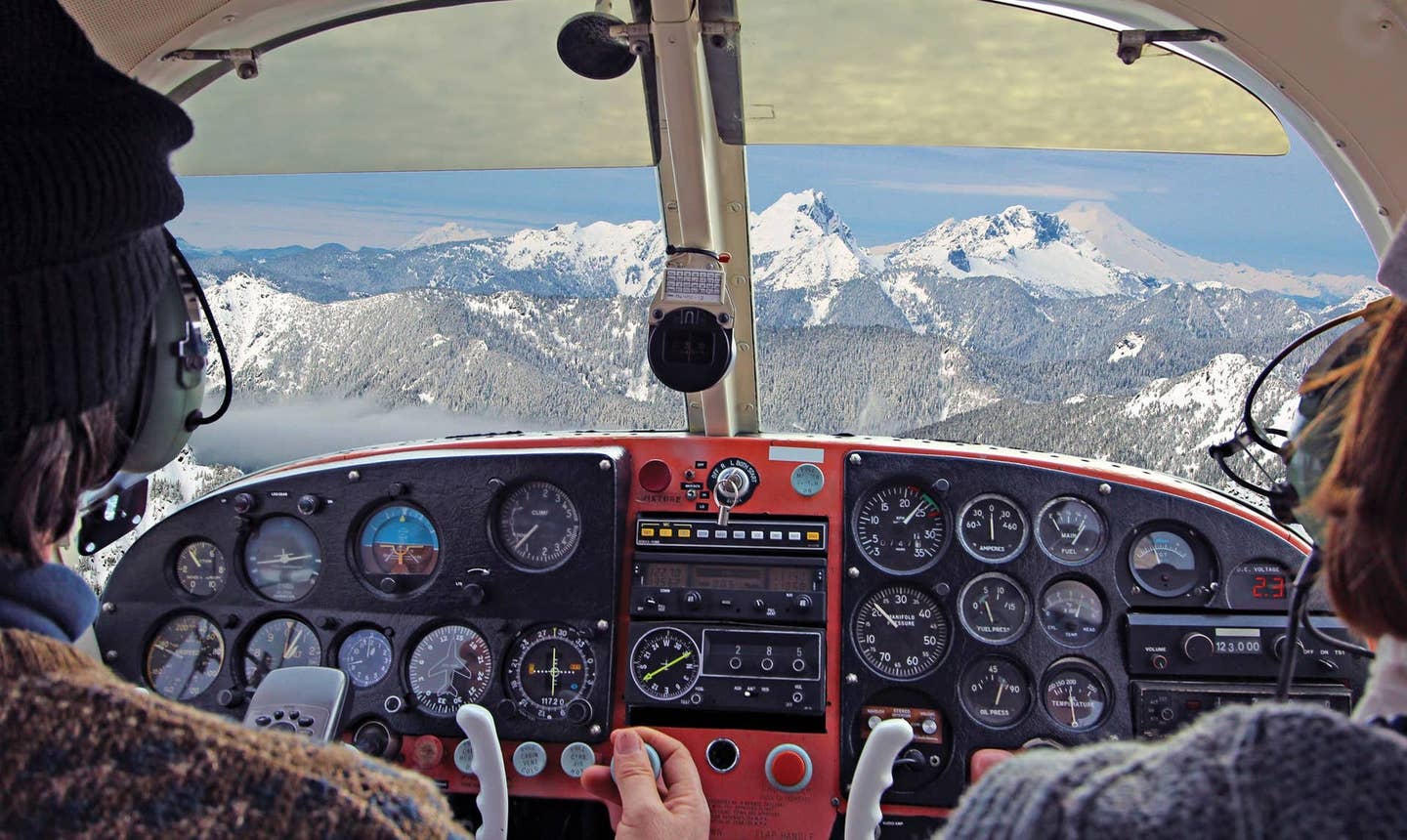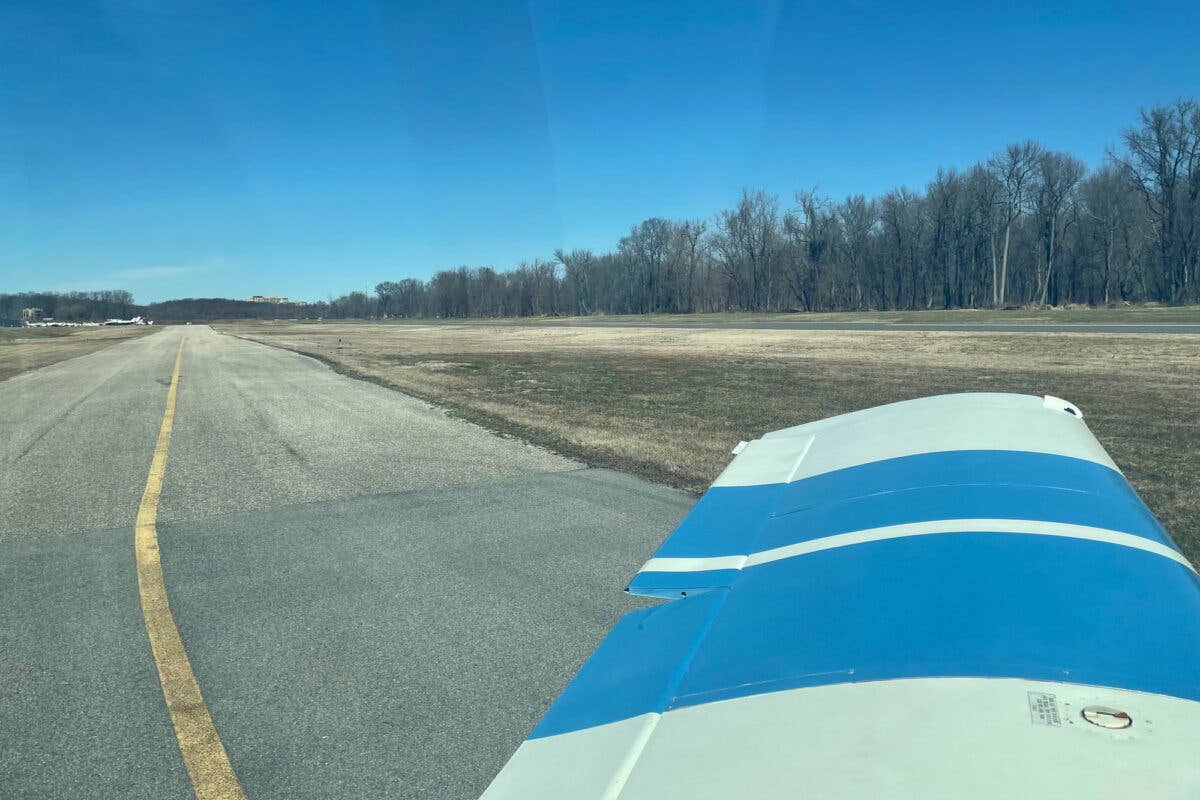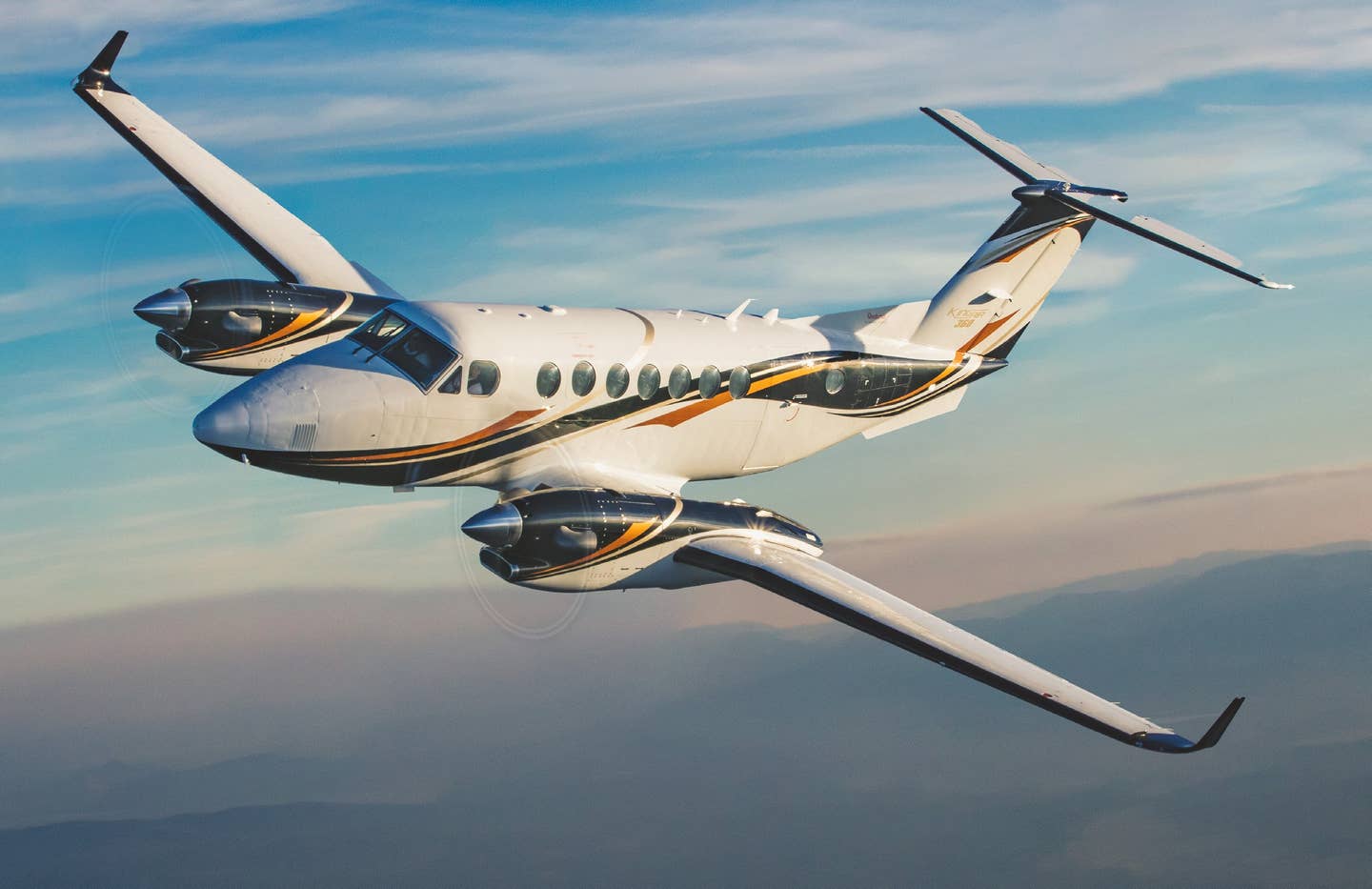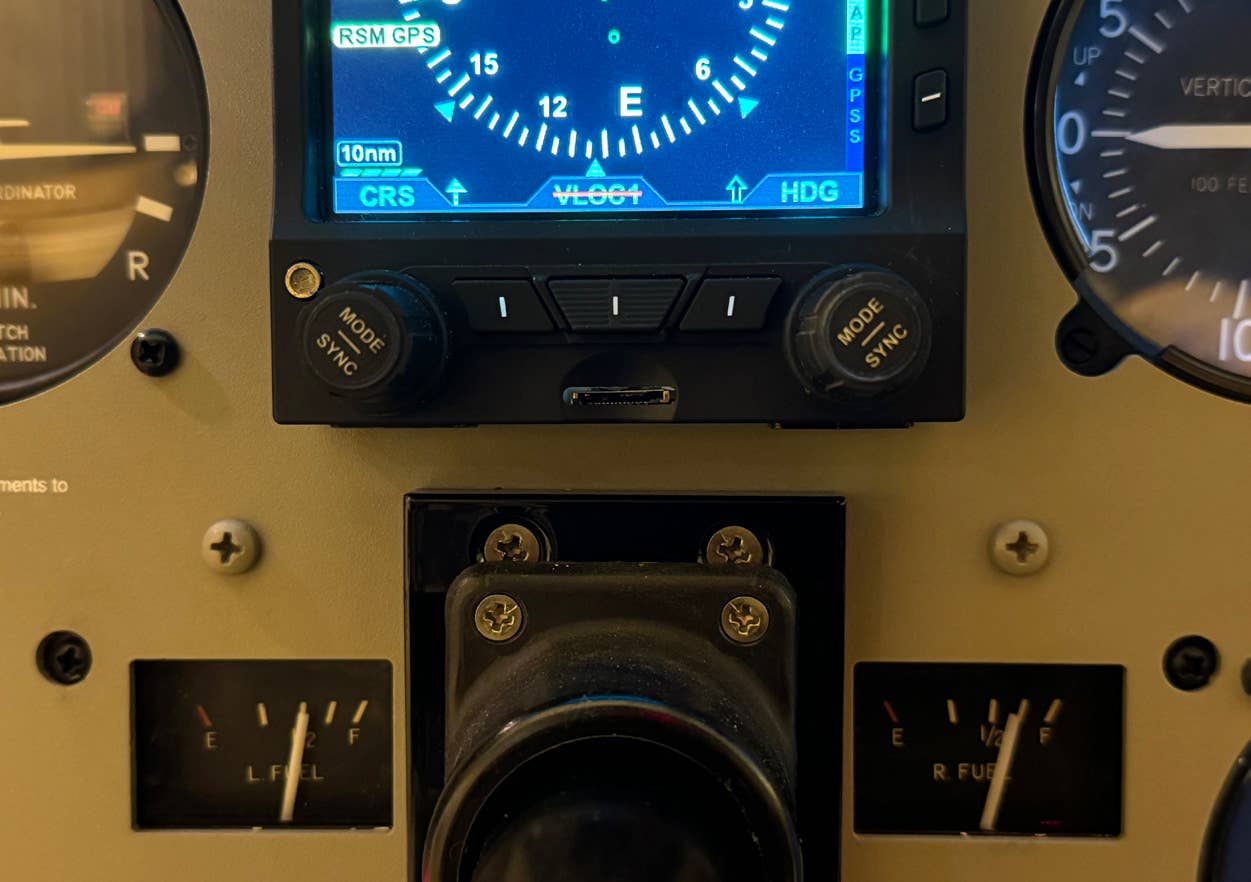
We were sitting on the porch, reading the paper. My wife, Cathy, held actual newsprint in her hand while I stared at the bright black-and-white copy and colorful photos on a tablet. As the newspaper rustled toward her lap, she looked over at me and asked, "Why is it that you want to be captain?"
I rested the tablet on the floor, nonplussed. She might as well have asked me if I enjoyed breathing. I stammered to find an answer to a question I'd never considered. Of course I want to upgrade to captain. Who wouldn't?
But why? On the face of it, there aren't many good reasons from her perspective. The Part 135 company I work for is generous about sharing the piloting duties. I sit in the left seat every other day, usually. So I'm already flying. The pay upgrade doesn't matter as much to me at age 69 as it would if I were 39. The loss of seniority on the first officer list will put me on the bottom of the captain list. This means a less favorable schedule.
Still, I felt like I was being asked a question the answer to which was so obvious that it didn't require any response other than "just because." I've told this story to many pilots and not one of them had a cogent reason to upgrade other than to say "because." Maybe it is a male thing. My friend, Paul, said it was a little like being asked if you'd like to fly a P-51 Mustang. Wouldn't the answer just be yes?
Ambition must share some responsibility here. I aspire to be captain and to be a good one. Do I think I can be better than the captains I know? Not really, with a few exceptions. I just want to be able to say that I've captained a jet. That's different from being able to say that I've flown a jet.
In the seniority systems found in most 135 and 121 operations, you upgrade when your number comes up. It is the next rung. When I received a congratulatory message from a captain I admire, I responded that it was the first time in my life that I'd gotten a promotion that wasn't based on performance. All I've done is learned and flown and continued to breathe for the past two years. If I pass the upgrade class and company exams, and operating experience followed by a 299 check ride, I'll be a captain.
There are FOs below me in seniority who have flown for major airlines in major equipment all over the major world. Surely if this promotion were merit-based they'd be captains before me, a retired surgeon who came late to the world of professional aviation.
Being a senior FO has its charms. Schedules are most favorable, you get to do lots of flying, and your ticket is less at risk than the captain's. As a "shadow" captain, I have had a chance to think about what I would do in several circumstances that demanded wise aeronautical decision-making without shouldering the responsibility for those decisions. This reminded me of my surgical residency many years ago.
In my previous profession as a cancer surgeon, a long training program allowed me to experience all sorts of medical and surgical conditions and treatments without being ultimately responsible. As a surgical resident, I got to do parts of many operations and all of some, but I was not the surgeon of record. This has changed over the years but was very much the norm during my training period. I got the knife and the experience, but not the accountability and liability.
I had the chance to watch surgical decisions get made and to see the outcomes. I learned from others' mistakes before I started learning from my own. When I became a young academic assistant professor of surgery, I learned for the first time what the ultimate responsibility for a surgical patient — another life — felt like. The mistakes I made cost lives, not many but some, and I can remember each instance vividly to this day. The successes I have forgotten, but the failures are with me forever.
Like moving up to captain, it was important for my career to become an associate professor, then a professor of surgery. Ultimately I became the department chairman, sort of the chief pilot. In these roles I contributed to the training of surgical residents, sort of like my captains have taught me. I'm wondering if this experience will help me with my relationships with first officers, even though some may have way more experience than I do.
When I was first hired into the world of professional aviation, surgical friends of mine wondered how I'd do at being a first officer after so many years of being in charge in the operating room and in the hospital. I wondered about it too. But my captains have been almost uniformly great to work with — knowledgeable, fun, laid-back and always in charge of the situation, no matter how much they let me think I was running the show. They made it easy to be a second banana. It also became immediately clear that I had a lot to learn and needed seasoning before ascending to captaincy.
I hope to emulate these captain teachers. I want to set an atmosphere of "relaxed professionalism" in the cockpit. I want communication to be open and honest, and I want us to work together. I will continue to clean the lavatory as a sign of my desire to share the load.
I will also insist on full participation. Don't plan on a lot of texting when flying with me. As captain, I will choose who gets to fly just as, as the attending surgeon, I got to choose who held the knife. If you want to work and participate, I look forward to continuing our company's generous policy of every other day left-seat privileges. If not, well, I like to fly.
There are some things I won't do as well as my captain teachers have done, many of whom have been flight instructors. I haven't been one and I'm sure that will show. They seem to know exactly how far to let me go before reminding me to slow down, or get down, or get configured.
From Ben I learned the muscle memory of flow in the cockpit; from Andy I learned how to remember the engine sync; from Steve I learned a lot about energy management; and from Rex I learned how to set a relaxed but vigilant atmosphere in the front end of an airplane. Many others generously shared many hard-learned lessons. I hope I was paying close attention.
A good sense of humor is indispensable when seated inches away from another pilot for hours on end. Just last week Rex had me in stitches (not really) on a trip from Oakland, California, to Traverse City, Michigan. I was flying and Rex was on the radios. "Hello, Salt Lake Center," he called twice with no response. Then I heard him say, "Don't make me come down there!" We were at Flight Level 450. He was just kidding, since he hadn't keyed the mic, but the idea of swooping down to catch the attention of the controller seemed hilarious to me.
I do intend to tell new FOs about the troubles I had learning the Collins Pro Line 21 avionics, remembering engine sync, getting the right sequences of lights on, and adhering strictly to company call-outs. I had a great surgical mentor during residency training who had a way of alerting me to the most difficult part of an operation without diminishing my ego. He'd act as if he too had just started out, and he'd say, "The hardest part of that operation for me is ... " With that he would hand me the secret to the execution of a difficult maneuver; it was just a really nice way to transfer knowledge without being a pedant.
If all goes well, my name will be on the flight plan and in the aircraft log. I used to say to surgical residents, "There are only two names on the patient's wristband: the patient's and mine. Yours isn't there." Now it will be my name again on the documents that matter. In the end, it is the responsibility that calls to me. As Gill Robb Wilson wrote in "One of the Trusted," "They turn over their lives and their loved ones and their hopes and dreams to you for safe keeping. … To hold life in your hands — to be worthy of faith … who could be more?"
By the time you read this and if all goes well, I'll be Captain Karl. I haven't been called that since I got out of the Army in 1973, and that was a whole different kind of captain.

Sign-up for newsletters & special offers!
Get the latest FLYING stories & special offers delivered directly to your inbox






